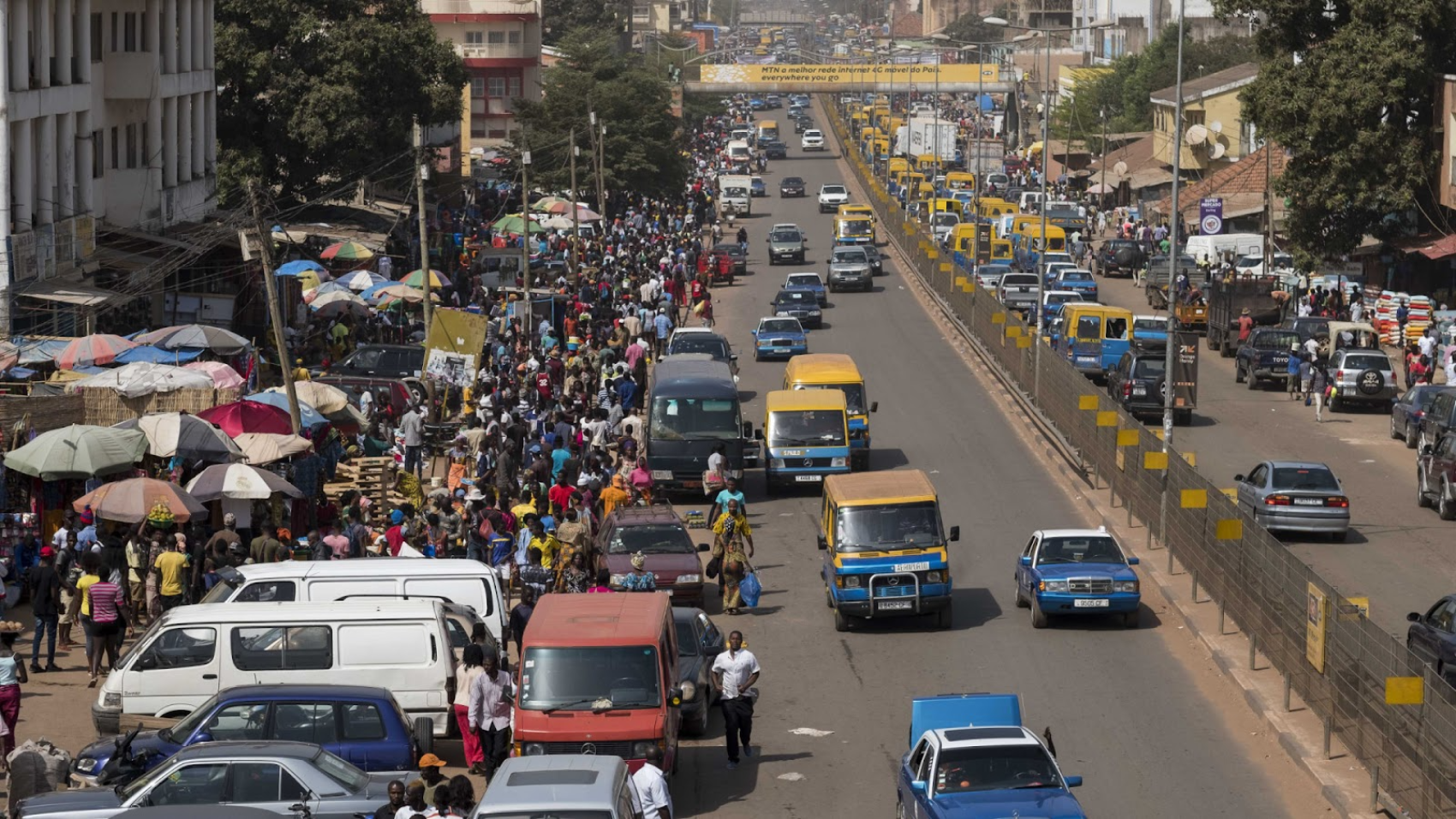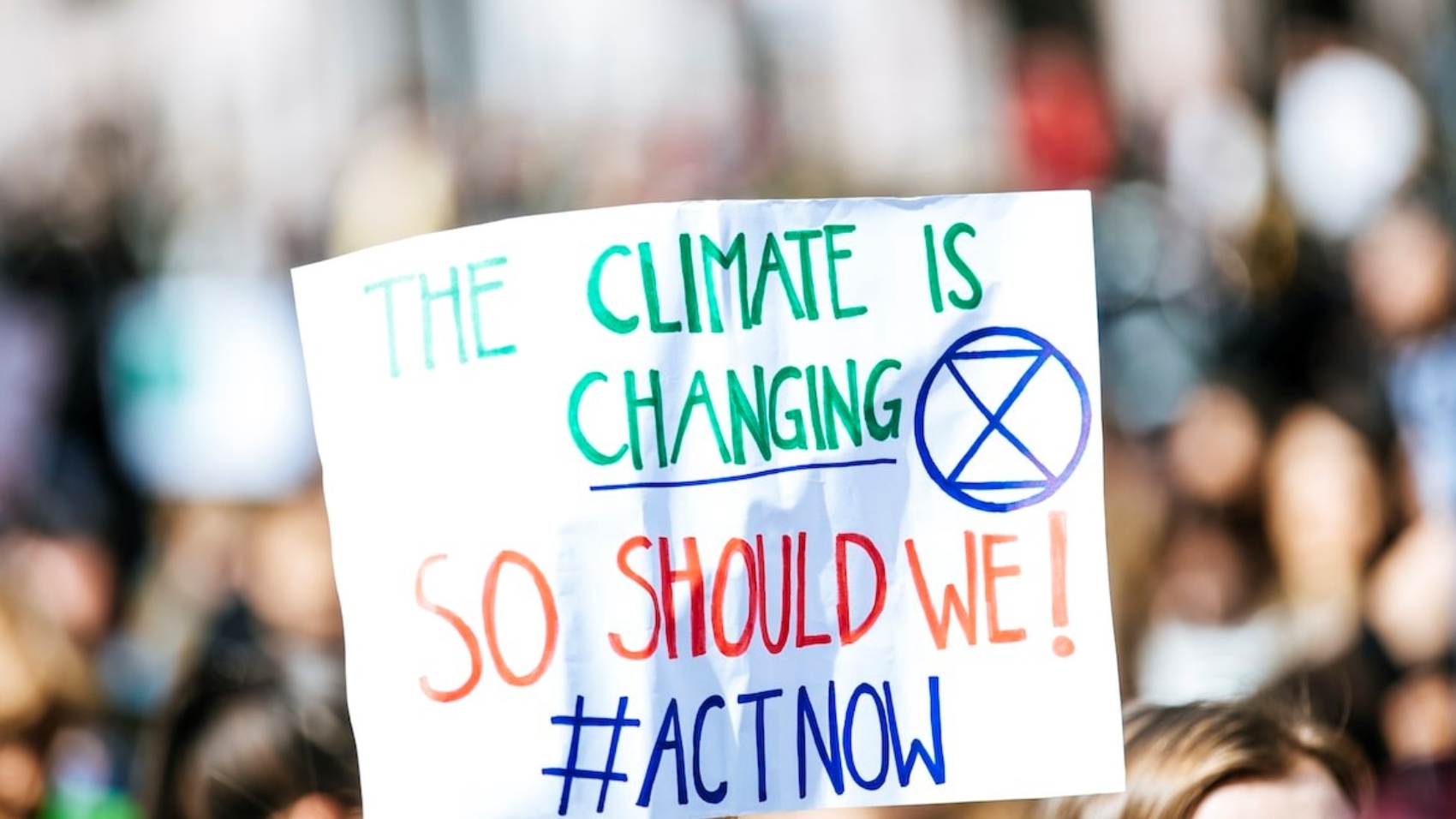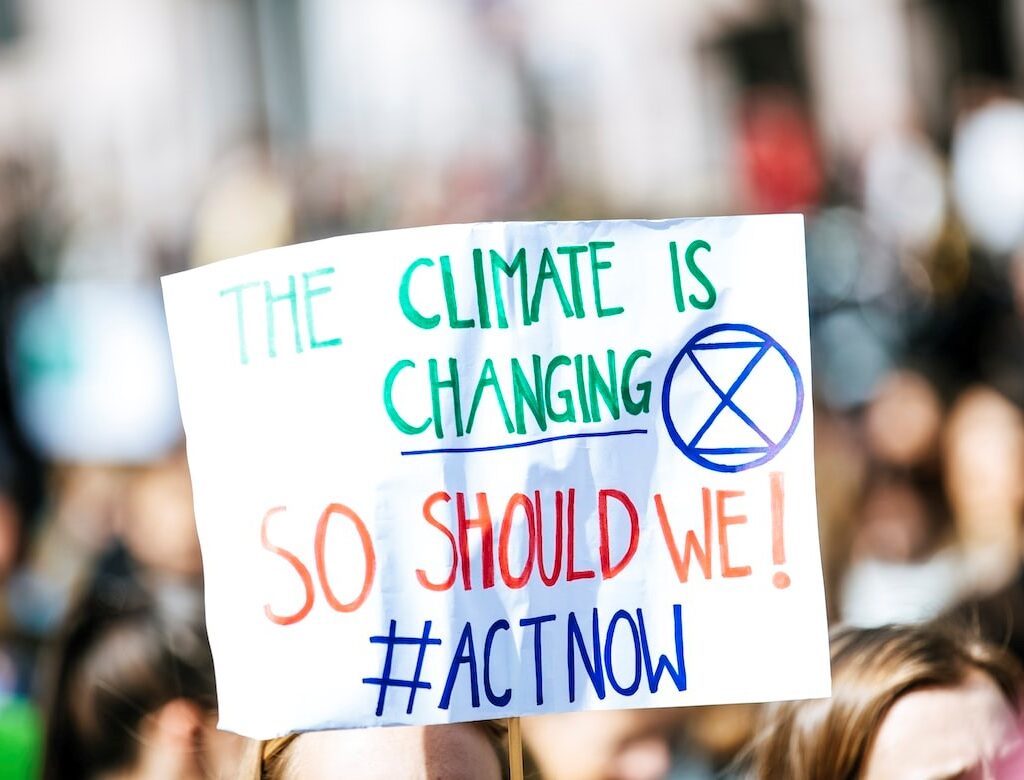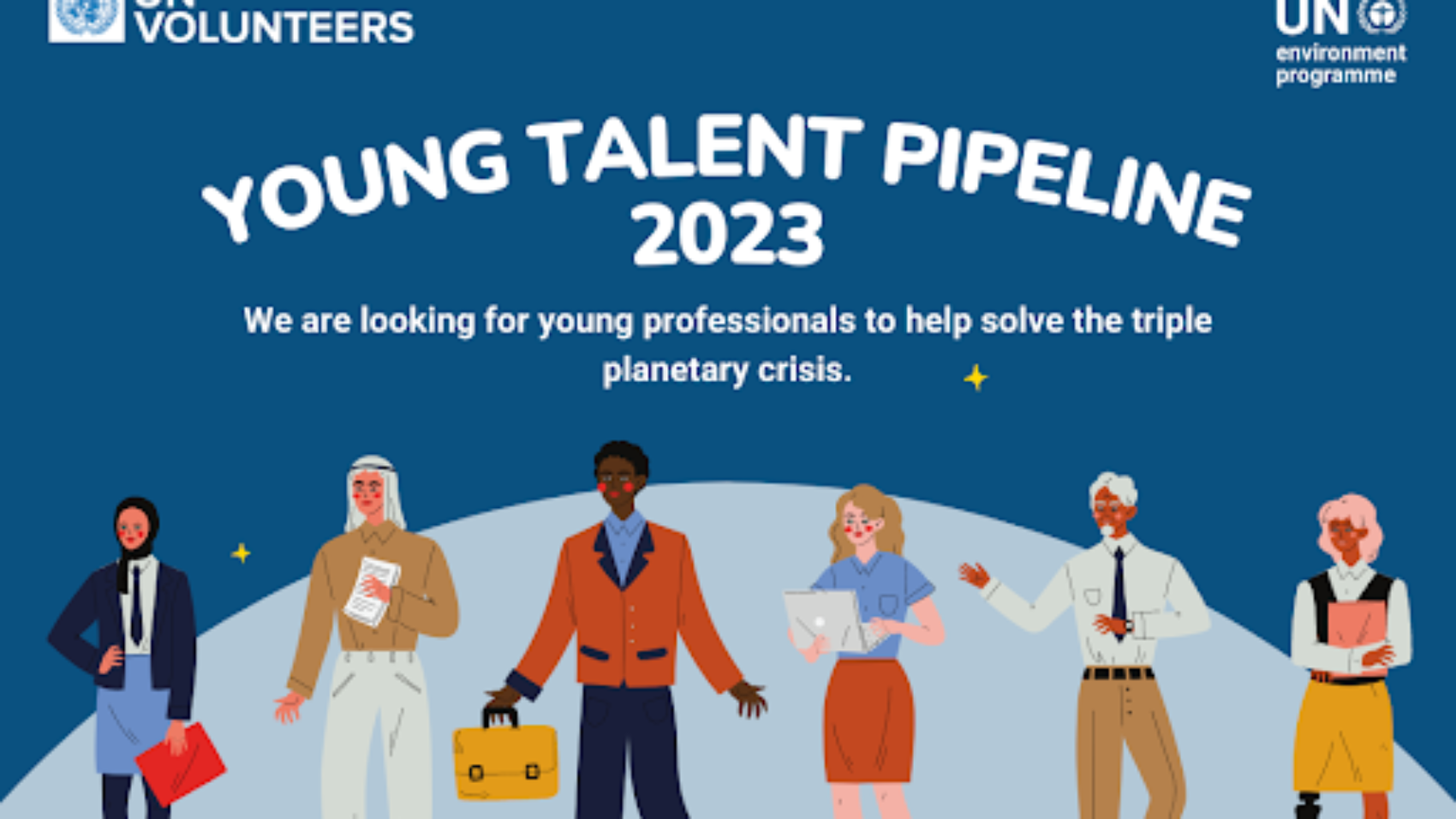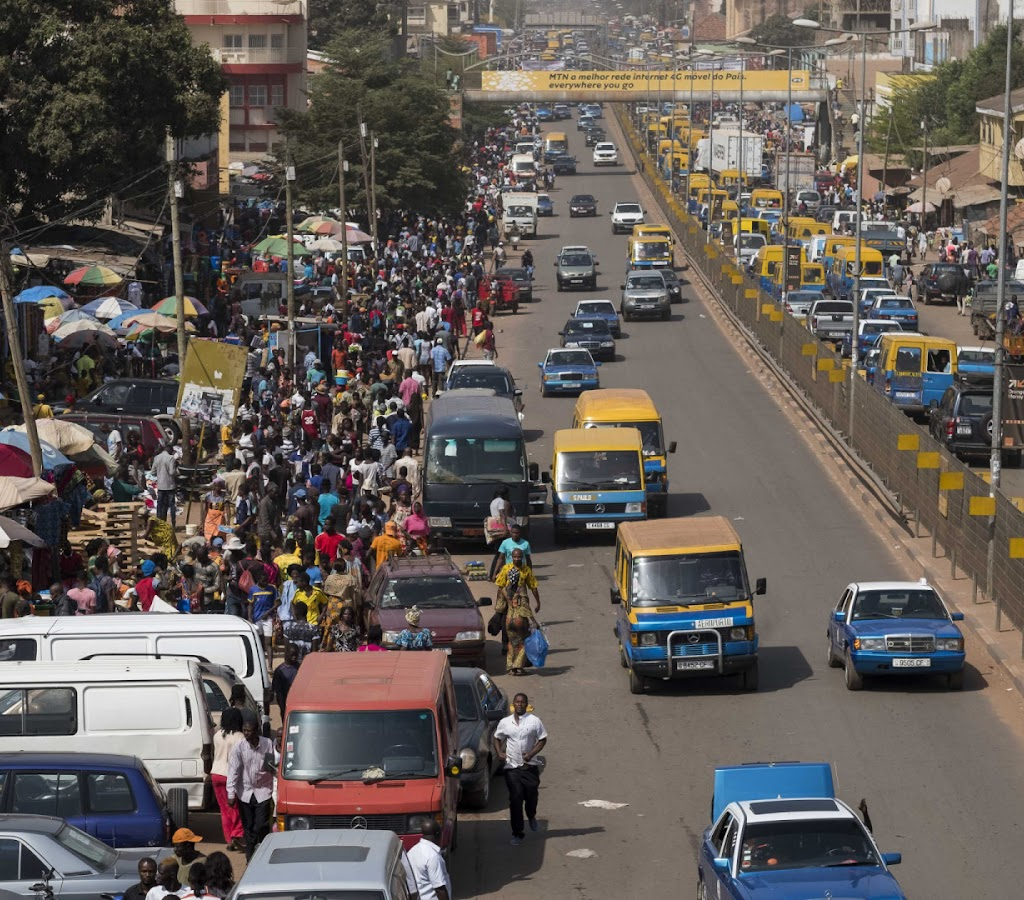
African nations are aggressively continuing their fight against climate change and their involvement in energy production and economics. Through its recent environmental deal, Guinea-Bissau is one of the nations making efforts to lead the way for other countries to join the sustainable climate and clean energy path.
Guinea-Bissau is the first non-European nation to sign an international agreement (Aarhus Convention) on authorities’ accountability on environment and human rights issues. The UN highlights that the convention is essential in ensuring that people get to live in an adequate environment, as necessitated by the governments. Other factors listed in the agreement include access to information, justice regarding environmental issues, and public involvement in decision-making.
Viriato Cassama (Environment Minister) states, “Guinea-Bissau hopes to take advantage of the Convention’s instruments to fight climate change and promote its biodiversity.” He highlighted that the convention is an opportunity to give the people a voice on environmental matters, which also translates to other elements of their daily lives.
The agreement does come at the right time, as Guinea-Bissau has been listed as one of the most vulnerable nations in Africa to climate change and calamities. Cases like flooding are reported to be worsening, also necessitated by the rising sea levels on the West African coastline.
As the first outsider in the Pan-European accord, they have access to the necessary resources and expertise to fight climate issues, including controlling future calamities. Most importantly, activists nationwide have a voice and a platform, especially for calling out the government. For instance, environmental activists in Jan 2023 were unsuccessful in protesting the government project plan in the capital’s park.
This pushes other African nations to find suitable investors and deals for respective climate and environmental agendas. It is also a call for the direct participation of the public, which also discourages the misappropriation of funds.


